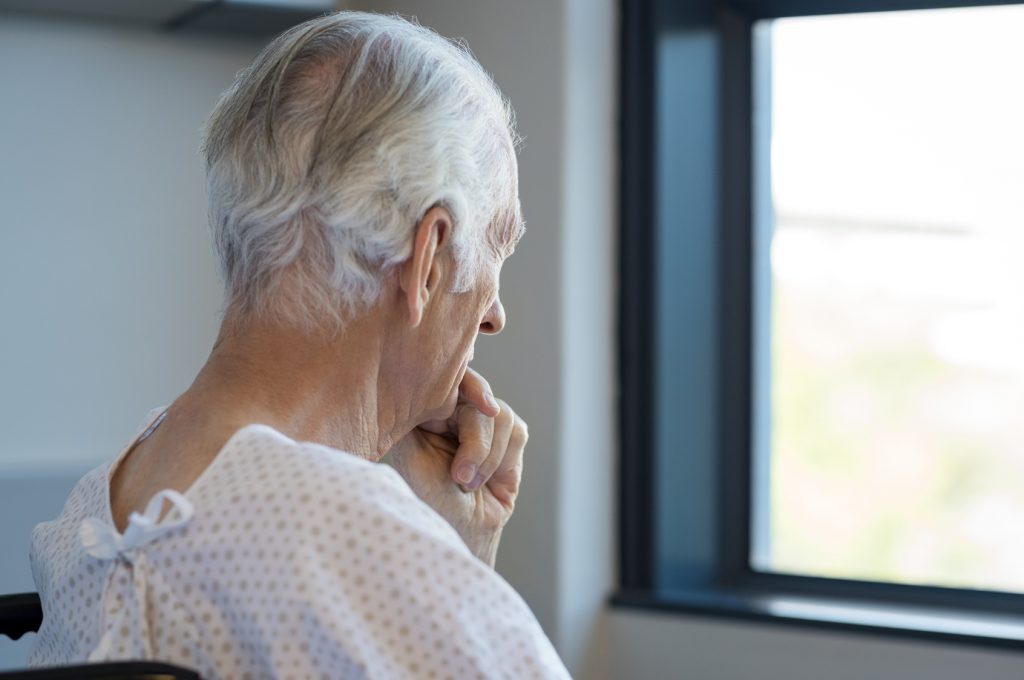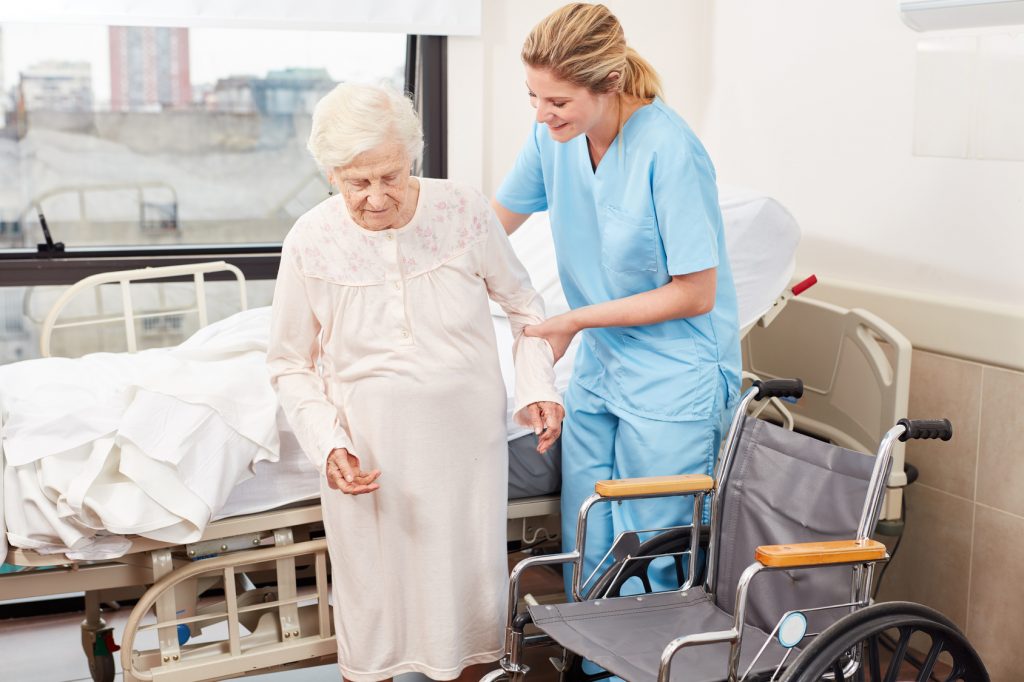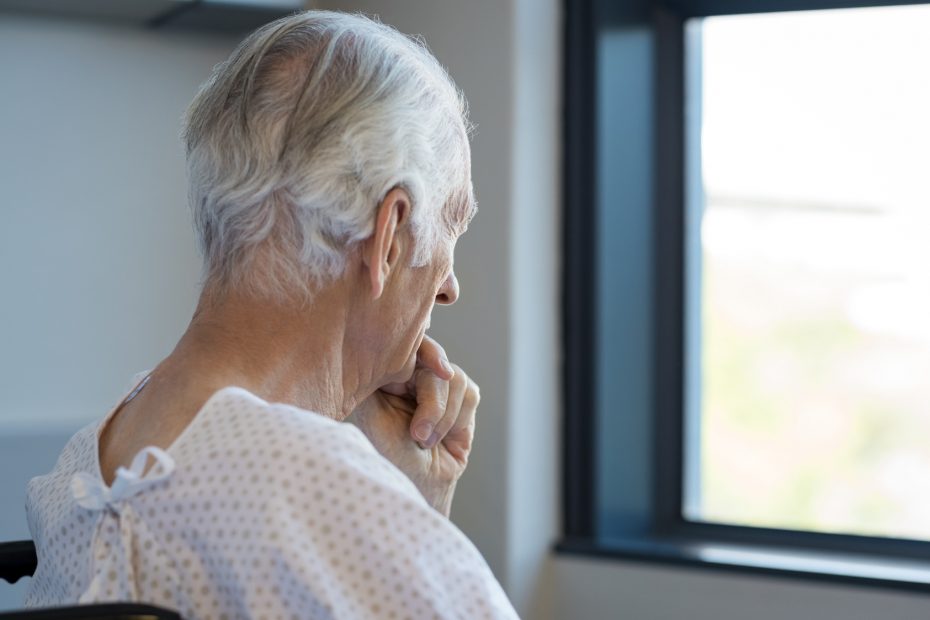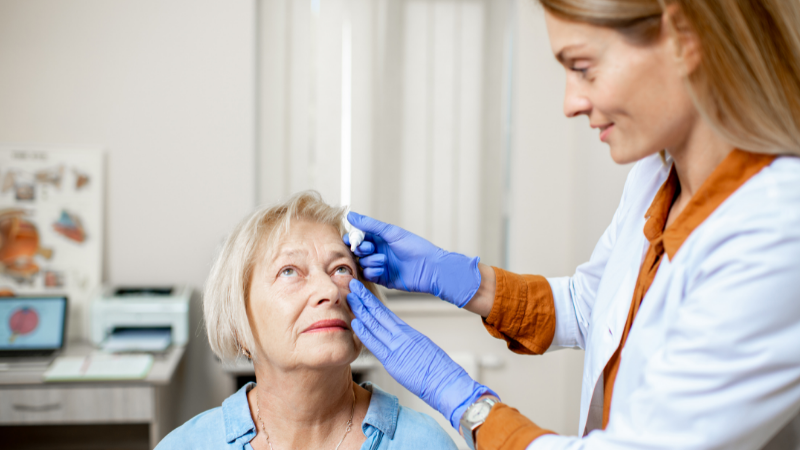
Admission to a hospital can occur for a variety of reasons, such as illness or undergoing a medical procedure. Hospitals are not known to be comfortable places to stay, causing many patients to eagerly anticipate their discharge so they can return home to a familiar and comfortable environment. However, without implementing appropriate measures to support recovery post-discharge, individuals are at risk of being readmitted to the hospital.
Although hospital readmissions are quite common, they are preventable if those returning home from the hospital follow their discharge instructions and take proper care of themselves to recover. By understanding the factors that commonly contribute to readmissions, individuals can effectively avoid the need for rehospitalization for themselves or their loved ones.
In this guide, we discuss the main causes for hospital readmissions and what you can do to help prevent being readmitted after returning home.
Noncompliance with Discharge Instructions
When a patient is discharged from the hospital, they are often given discharge instructions from the doctor to continue their recovery at home. Discharge instructions can include caring for surgical wounds, taking medication, starting physical therapy, getting plenty of rest, and avoiding certain foods or physical activities. If a patient returning home from the hospital does not follow their discharge instructions, their condition will not improve and might even worsen, and they will be readmitted to the hospital.
In some cases, this occurs because discharged patients do not put the effort into following their discharge instructions or simply do not want to take some of the steps recommended by their doctor. There are also instances in which the discharged patient may misunderstand or misinterpret their instructions which can hinder their recovery.
The best way to prevent this is to have the doctor explain the discharge instructions in detail before you or your loved one is discharged. This gives the patients the opportunity to ask questions and clarify the instructions so they know exactly what to do to aid their recovery. Scheduling follow-up appointments can also help ensure that you or your loved ones are correctly following the instructions.
Premature Discharge
The transition from a hospital stay to returning home is typically seen as a positive step. However, if this transition is not managed properly or is done prematurely, there is an increased risk of the patient being readmitted to the hospital.
Being discharged early from the hospital indicates that the patient may not be in a stable enough condition to be without the necessary medical care they would get in a hospital setting. This lack of proper care at home can lead to a worsening of their condition, potentially resulting in complications that require returning to the hospital.
In some cases, patients may return home without proper care instructions and follow-up appointments in place, leaving them vulnerable to making mistakes that can harm their recovery. This could include not being informed about dietary restrictions or activities to avoid. Without the necessary support, patients may unknowingly hinder their own progress, increasing the likelihood of needing to go back to the hospital because of a preventable mishap.
If you believe that you or your loved one may have been discharged too soon, talk to the doctor immediately about what can be done to ensure a good recovery.
Medication Noncompliance or Errors
When patients are discharged from the hospital, they are often prescribed medications that will help with their recovery. It is very important for patients to take the correct dosage of their medications at the right time. Skipping doses, taking incorrect doses, or taking medications at the wrong time can increase the risk of complications that can lead to rehospitalization.
Another potential issue is medication errors that may occur if the medications described upon discharge do not interact well with medications the patient already takes. Taking medications that counteract, or duplicate current medications leads to health issues that can hinder recovery.
You can ensure that your loved ones take their medication at the proper time by setting alarms or reminding them yourself when the time comes. Home caregivers can also help with medication reminders. To prevent medication errors, make sure you provide your loved one’s doctor with a complete history of the medications they currently take and have taken in the past, including prescription and over the counter medications as well as supplements. This will help their doctor avoid prescribing medications that do not interact well with their current medications.
Injuries from Falling
Seniors already have a high risk of falling and this risk may be even higher after returning home from the hospital. After discharge, seniors may be weak or experiencing dizziness or cognitive impairment that make falling much more likely. They may also be at risk of falling if they are using medical equipment they have never used before such as oxygen or a walker. Falling after being discharged can result in serious injuries that require readmission to the hospital.
Fortunately, falling is preventable as there are steps you can take to reduce the risk. Accompany your loved ones as they move around the home and keep their path free of tripping hazards. If they live in a two-story home, make sure everything they need is on the ground floor, so they do not have to walk up the stairs until after they have recovered. You can also improve the lighting in the home, install grab bars in the bathroom, and encourage them to wear nonslip footwear.
Complications with Your Condition
There is always a risk of complications after someone is discharged following a surgery or illness, including infections, pneumonia, sepsis, and urinary tract infections (UTIs). Patients with heart disease, kidney disease, chronic obstructive pulmonary disease (COPD), and other conditions may be at higher risk of post-discharge complications.
It is important for patients returning home to take actions to prevent these complications that could put them back in the hospital. Wounds must be cleaned and cared for properly post-surgery to prevent infections. Directions for proper wound care are typically included in the discharge instructions. Patients should also drink plenty of fluids and urinate frequently to prevent UTIs. Practicing deep breathing and coughing regularly can help prevent pneumonia.
If you notice any signs of these complications with your loved ones, contact their doctor immediately.
Neglecting Follow-Up Care
After patients are discharged from the hospital, they will likely need to visit their doctor or specialist within a week or ten days for follow-up care. Follow-up care visits are important to ensure that discharge instructions are being followed and that the recovery is on track. If the patient fails to get follow-up care, they may slow their recovery or risk rehospitalization.
You can help ensure that your loved ones receive follow-up care by scheduling follow-up visits while they are still in the hospital or immediately after their discharge. Mark these visits on a calendar or program reminders into your phone. You should also arrange for transportation ahead of time to make sure they can get to their follow-up appointments.
After Surgery Care Services from Assisting Hands Home Care

When patients return home from the hospital following a surgery or illness, their recovery is not complete. Patients are discharged when their doctors feel that they are at the point where they can continue their recovery at home by following their discharge instructions. Those who closely follow their discharge instructions and receive follow-up care have a higher chance of making a quick, full recovery and avoiding rehospitalization.
If you have a senior loved one returning home from the hospital, they will likely need assistance following their discharge instructions to avoid rehospitalization. Having a professional caregiver around to provide home care can ease the burden on the patient and allow them to focus on their recovery.
At Assisting Hands Home Care, we provide non-medical home health care and senior companion care to help individuals in Deerfield, Lake Forest, Libertyville, Lincolnshire, Vernon Hills, and Highland Park IL, who are returning home from the hospital. We specialize in providing after-surgery care that can make the transition home much easier and reduce the risk of rehospitalization.
Our caregivers cannot provide medical care, but we do offer non-medical care that includes assistance with personal care activities, medication reminders, help changing positions in bed, and transportation to follow-up appointments. We can work with families to understand and incorporate their loved one’s discharge instructions into our care to help them make a complete recovery, and we can monitor their condition and report any changes to their family and doctor.
You and your loved ones will feel at ease knowing that one of our licensed caregivers is in the home to provide the care needed so your loved ones can fully recover and avoid setbacks. Call us at (224) 268-9068 to schedule a free in-home consultation today.
















